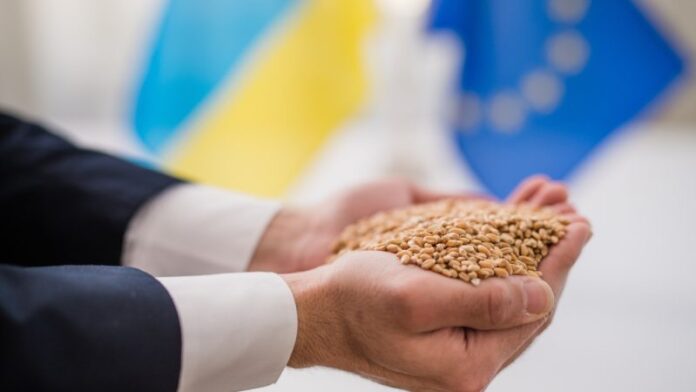A team of EU Commission experts will visit the Romanian cities of Constanța and Galaţi from Friday to Saturday as part of the EU Executive’s quest to find solutions to improve transit and commodities flow along ‘solidarity lanes‘ the Commission set up to improve EU-Ukraine connectivity for grain exports, according to Euractiv.
The EU Commission has set up a Joint Coordination Platform on Ukrainian exports to find practical solutions to remove bottlenecks and expedite traffic to allow Ukraine to export grain via the EU as an alternative to the Black Sea ports following Russia’s stepping out of the Black Sea Grain Initiative and threatening the transport in the Black Sea.
As part of the platform’s activity, the Commission’s team of experts led by Michael Hager, Chief of Staff of Executive Vice President Valdis Dombrovskis, will visit the Romanian cities to discuss ways to increase the capacity of the Danube corridor (especially the Danube ports, Constanța port and Sulina canal), the Commission announced on Thursday.
The visit aims to showcase the EU’s support for Romania while acknowledging the ongoing efforts of authorities and stakeholders in this complex endeavour.
Improving the transit of Ukraine’s grain is also of interest to the US, with the US working with Romania and Moldova to increase Ukraine’s grain exports via the Danube river, as a senior US State Department official said on Wednesday.
“We are looking to support alternative routes that is most prominently the Danube route. That route…stays within NATO territorial waters. So it’s one that’s very attractive for us because it keeps it in a more secure corridor”, the official, speaking on the condition of anonymity, told reporters.
There will be a meeting with the Romanians and Moldovans in the coming weeks to discuss how to maximise the Danube route, the official said.
Last month, Russia suspended its participation in the Black Sea Grain Initiative, a UN-backed agreement that facilitated the safe passage of 32 million tonnes of Ukrainian grain across the Black Sea over the past year.


